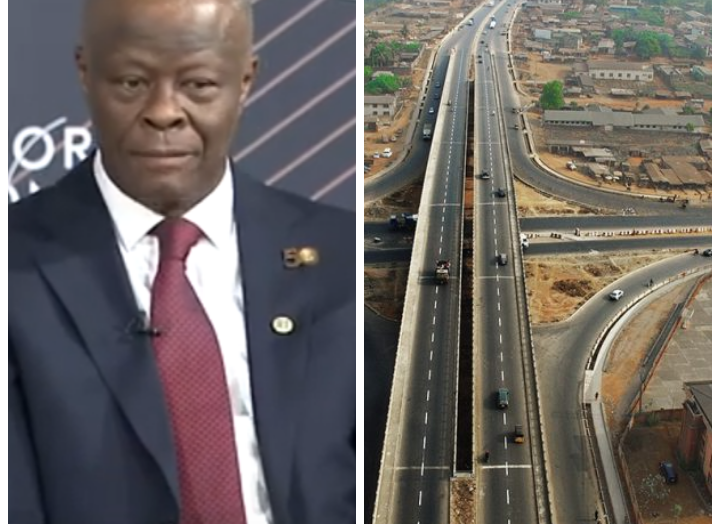UK GOVERNMENT’S MOBILIST PROGRAMME UNDERLINES COMMITMENT TO NIGERIA’S CAPITAL MARKET
The UK government’s MOBILIST programme has reaffirmed its commitment to supporting Nigeria’s capital market, particularly in the area of sustainable development. MOBILIST, which stands for Mobilising Institutional Capital Through Listed Product Structures, is a flagship UK government programme that identifies and invests in scalable, replicable transactions on public markets that help deliver the climate transition and the Sustainable Development Goals. Senior Press & Public Affairs Officer, Ndidiamaka Eze, noted that MOBILIST has invested £87 million in equity and equity commitments, directly mobilising £247.5 million in private capital. Eze explained that MOBILIST’s investment approach involves providing capital on commercial terms, delivering technical assistance, conducting research, and building partnerships to catalyse investment in newly listed products. MOBILIST has previously established a partnership with the Nigeria Exchange Limited (NGX) to catalyse greater investment in the SDGs via new investment structures listed on the exchange. This partnership aims to address the financing gap in Nigeria’s capital market, which requires around USD10 billion in financing per year to meet the Sustainable Development Goals by 2030. Eze highlighted the importance of MOBILIST’s investment approach, citing the example of Citicore Renewable Energy Company, where MOBILIST’s £9.9 million investment supported £63.7 million of private investment. Ndidiamaka Eze also noted that MOBILIST’s investment in Bayfront Infrastructure Capital IV supported £90.5 million in private investment. In a statement, Programme Lead at the FCDO, Ross Ferguson, emphasized the UK’s commitment to supporting Nigeria’s capital market, saying, “MOBILIST is the expression of the UK’s conviction that public markets have an underutilised but potentially critical role in financing sustainable development at scale by mobilising private capital to flow where it is needed most”.









































































































































































































































































































































































































































































































































































































































































































































































































































































































































































































































































































































































































































































































